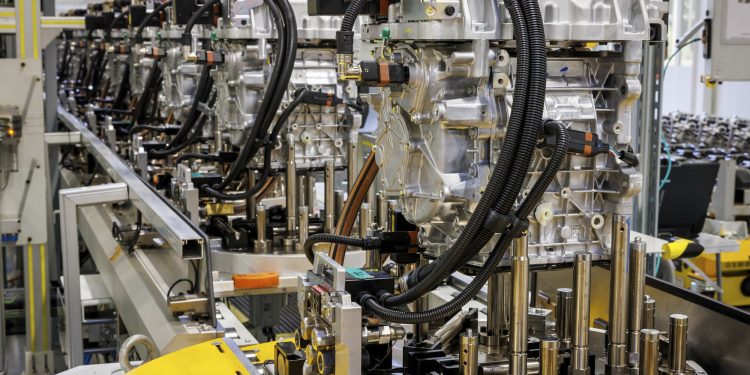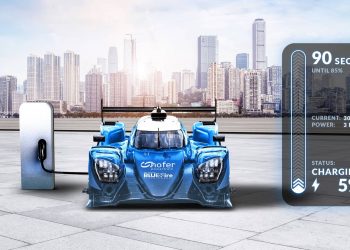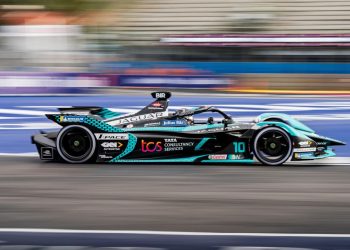During 2021, Renault introduced the eWays ElectroPop electrification plan, whose main goal is to make its electric cars affordable and popular in order to favor their expansion.
One of the key pillars of the program states that, by 2025, 65% of the firm’s new production vehicles marketed in Europe will be electric and hybrid, while by 2030, 90% of them will be 100% electric.
As part of this strategy, Renault inaugurated the new production line for its second electric engine at the French plant in Cléon, which is expected to lead the manufacture of this type of machine in Europe.
Related content: Silicon-based Battery Could Recover 98% of EV Charge in Just 10 Minutes
Work on this project has been underway since March with the assembly of the new ePT-160kw. This is the engine chosen for the Mégane E-Tech, which is being developed at the Douai factory, further north in France near the Belgian border.
Among its innovative features, the new engine for the electric Mégane offers more power than the previous one (160 kilowatts instead of 96), but advances in its design have made it 25% more compact.
Startups, Projects and Investment
Since 2015, the Cléon complex which employs 3,228 employees and has been in business since 1958 has also been producing Renault’s first electric motor, which equips the Zoé or the electric versions of the Twingo, Kangoo and Master.
From 2024, the ePT-100kw for the future electric Renault 5 is also scheduled to start at the factory, and in 2027 will arrive another 200-kilowatt new generation developed in partnership with Valeo Siemens eAutomotive and which can be sold for cars from other manufacturers.
To carry out Cléon’s transformation, €620 million have been invested since 2018 that are going to allow it to increase its capacities to more than one million engines per year from 2024, between 500,000 electric and 510,000 hybrids.
Despite the ambitious electrification plans, government regulations and the hard blow that the war in Ukraine has meant for the fossil fuel industry, Renault believes that the transition to electromobility will continue to be carried out gradually, and will remain committed to strong investments and a clear roadmap towards these new technologies.












